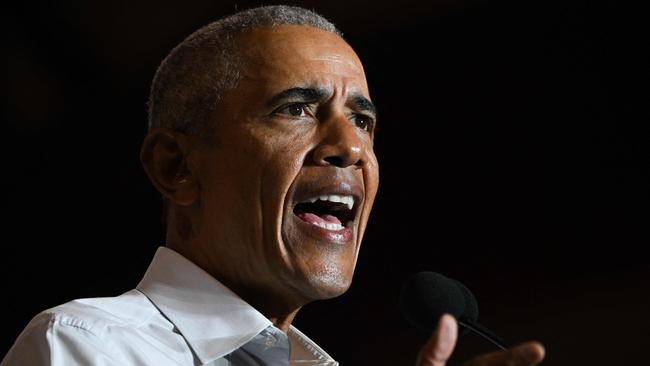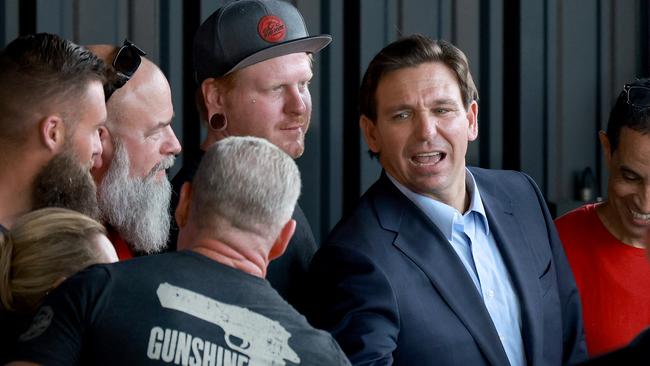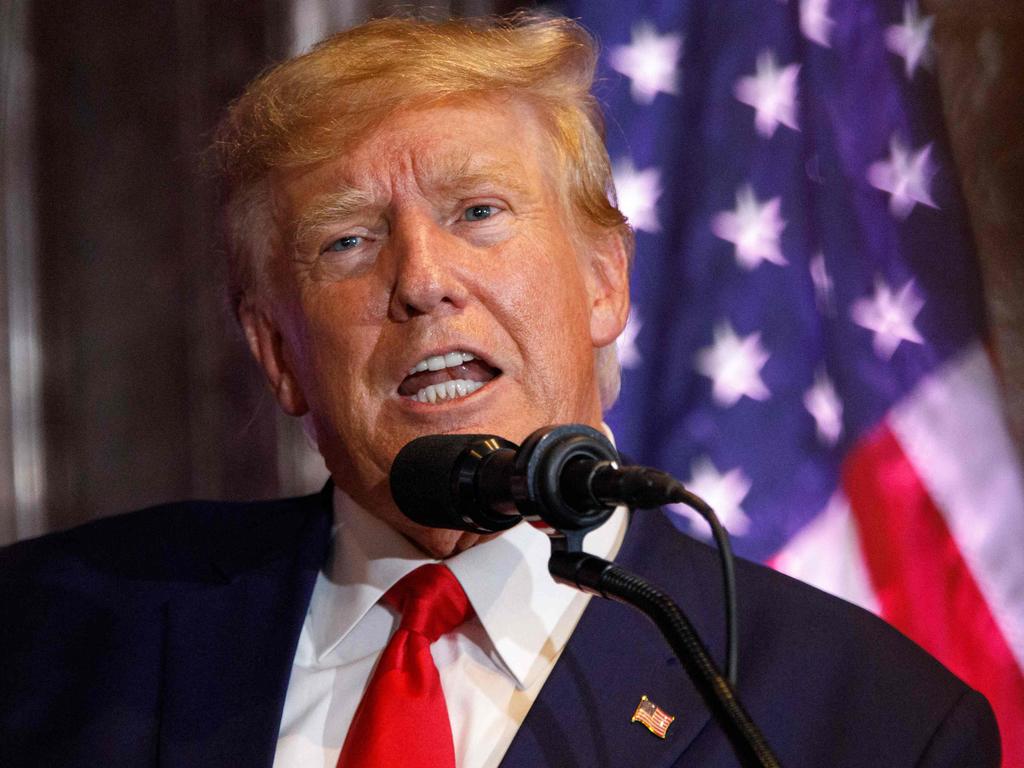How do you get elected president of the United States? The basic constitutional requirements are minimal and haven’t changed in 230 years: you must be a natural-born US citizen, be 35 or older and have lived in the country for at least 14 years. Under the terms of the 22nd amendment adopted in 1951 you can’t have already served more than one term in the job. Otherwise there are no qualifying conditions. You can be a convicted felon and run your campaign from a federal penitentiary – a once improbable proposition that might soon be tested.
Yet beyond that, what does history tell us about the qualities needed in a successful presidential candidate? You don’t have to be especially brainy – there have been plenty of presidents a few degrees short of PhD material. Despite the claim that the country is a plutocracy, you don’t have to be rich – at least not when you start out. Female readers will note with cynicism that, with the current score at 46 men and no women, you have to have a Y chromosome but, just as the whiteness criterion has recently been broken, so eventually will the maleness one.
Certain qualities of character seem indispensable – a vaulting ambition; a frightening level of self-belief; an extraordinarily thick skin; deep reserves of mental and physical energy (though the current incumbent is busy disproving that notion).
What about experience? What do you need on your curriculum vitae to persuade tens of millions of your fellow citizens that you’re capable of holding down the biggest job on the planet? If you had asked that question 20 years ago the answer would have been obvious: a record of accomplishment in public office. Of the 17 presidents elected between 1900 and 2000, every single one had been either a state governor, a member of congress, a vice-president, a member of the cabinet or a general. Several had held more than one of those jobs. Almost all had not just served time in the roles – they could point to a record of achievement, from helping to lead a state through economic crisis to executing the largest amphibious invasion in military history.

But in the 21st century, a long list of government jobs on your CV doesn’t cut it. Donald Trump, of course, was the first president never to have served in public office – in fact he had displayed a contempt for it throughout his career. But in an important sense each of the last three presidents was elected less for any appreciation of their record and more because of what they symbolised.
Barack Obama had served for just two years in the US Senate when he ran for the top job and, other than having written two autobiographies (before his 45th birthday!) had no record of achievement whatsoever. He was elected because he was an avatar, the physical embodiment of an ideal, a vessel into whose ethnic singularity and smiling youthfulness millions of Americans worn down by war, financial crisis and general disillusionment could pour their flagging hopes.
It’s true that Trump’s (private sector) CV was a feature of his appeal. But people didn’t vote for him because they thought he was going to bring a touch of class to the White House furnishings. They chose him above all because he too was a symbol – a giant raised middle finger to the contemptuous elites who sniggered about how deplorable their lives were and lectured them about how reprehensible their values were.

Even Joe Biden, who has spent longer in public office than any of his 45 predecessors, didn’t get elected in 2020 because voters were suddenly impressed by his voting record in the Senate in the 1980s. The number of Americans who could name a single Biden achievement in the previous 40 years could fit comfortably into a one-car garage in Delaware – and all would be called Biden. He won because he represented something. He was a grey, reassuring emblem of ordinariness, the enticing promise of a return to simple normality after four wild years of terrifying weirdness.
Of course, successful politicians have always had to project a certain symbolism, to indulge the performative urge. But something has changed in the temper of our modern politics. Success in the age of social media, culture wars and hyperpartisan news depends not on demonstrating how you have got things done. People aren’t looking for a demonstrated ability to work with supporters and opponents to achieve concrete progress. They want a sign, a manifestation of meaning. They want to experience emotional solidarity. They want a story – even a made-up one – that affirms all their convictions, reassuring them that they are good and their opponents bad. The most successful candidates now are those who have mastered the arts of virtue-signalling and victimhood-claiming.

This is I think the big challenge for Ron DeSantis, the governor of Florida and repository of the hopes of those Republicans desperate for the party to move beyond Trump. DeSantis has not yet formally declared his candidacy but he’s close. He’s been all over the country in the last week, speaking to conservative audiences, promoting his new book. The message is a throwback to a time when voters cared about a record in office. Like Franklin Roosevelt and Ronald Reagan, he touts his years as governor of one of the nation’s largest states as proof of his suitability for the presidency.
Like it or not, you can’t argue that DeSantis has not accomplished stuff – keeping his state mostly open through Covid; recording strong economic growth; taking on the woke establishments in education and corporate boardrooms. Trump’s message is simpler. Rousing a crowd of energised conservatives last weekend with the usual litany of his and their grievances at the state of modern America, he told them: “I am your retribution.”
What list of accomplishments can compete with that?
The Times







